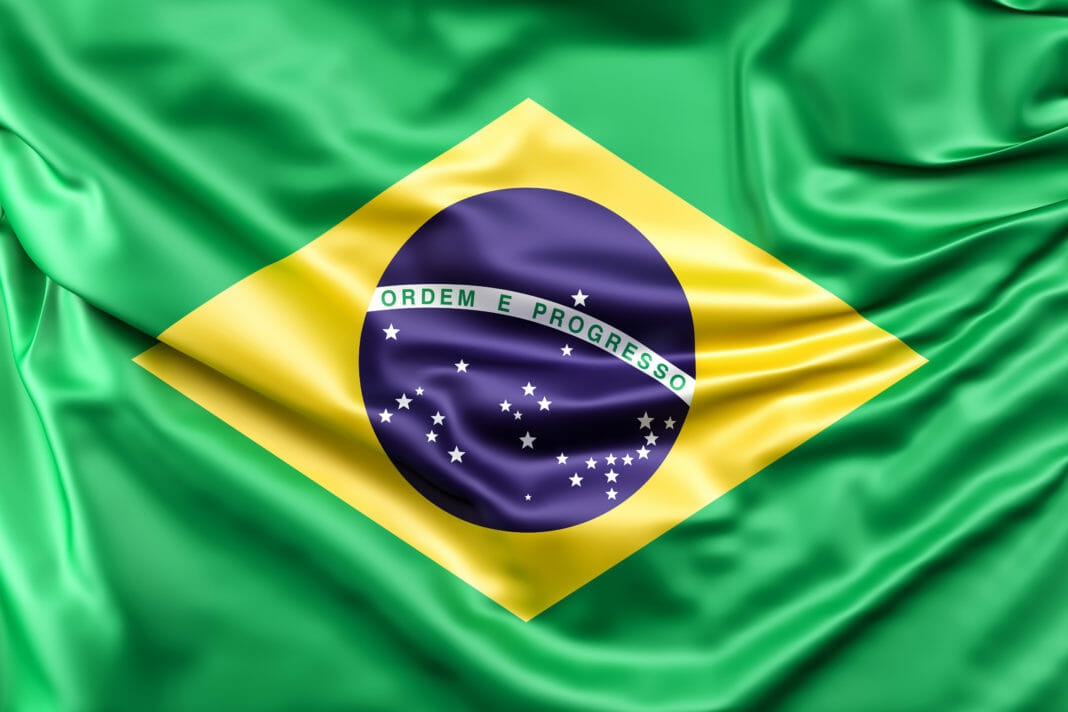The draft law emerges from the need to fight money laundering. It includes penalties for those who promote pyramid schemes.
Brazilian Senator Soraya Thronicke introduced a bill that covers various issues related to Bitcoin (BTC) and cryptocurrencies in general.
This project aims to regulate transactions with cryptocurrencies under the orbit of the Central Bank and the Brazilian Securities and Exchange Commission (CVM).
The draft law suggests that, when people use Bitcoin as a means of payment, the Central Bank is in charge of determining the regulatory framework. However, if they use it as a guarantee or investment instrument, the Stock Market Commission would establish the rules.
Thronicke, a member of the Social Liberal Party, also seeks that the bill considers financial pyramids to be federal crimes. Once approved, this draft law would cover them under Law 7,492, which establishes a prison penalty of between 6 months and 2 years, as well as a fine for those who commit “crimes against the financial system.”
Concerning the companies that offer cryptocurrency custody services, the bill establishes that they will not be able to use the funds without the express authorization of the investors.
The draft law establishes that only legal persons can issue “digital assets”. They must be able to justify that the issuance of these assets is compatible with their activities.
They must provide customers with “clear, accurate and non-misleading” information about the assets. This information must include tax obligations stemming from their holding or trading.
Lastly, the project seeks to strengthen the role of the Brazilian tax collecting agency. If the law is passed, the State would have greater powers regarding the collection of taxes in activities related to Bitcoin and other cryptocurrencies.
The senator justified the introduction of this bill by stating the need to emphasize the fight against money laundering.
Bitcoin Is Hard to Regulate in Brazil
It is not the first time that the Brazilian Legislative Power has introduced draft laws of this type.
It was necessary to wait several years for the treatment of a bill introduced in 2015. In 2019, there was a possibility of debating it in Parliament, but other priorities led to suspending it.
The lack of specific state regulations for the field of Bitcoin and other cryptocurrencies, the companies of the Brazilian crypto ecosystem themselves recently established self-regulation agreements.
The members of the Brazilian Association of Cryptoeconomics (ABCripto) signed a code that includes know-your-customer (KYC) policies, without a state order requiring it.
Among these companies are the exchanges Foxbit, Ripio, Bitcoin Market, and NovaDAX. Together, these companies concentrate on 80% of the volume of transactions in cryptocurrencies in Brazil and aim to trade around USD 100 billion in the remainder of this year.
Bitcoin Users’ Reactions on the Social Media
According to comments on social media, Brazilian users of Bitcoin and other cryptocurrencies do not seem, in general, happy with the State regulating their activities.
“The fact that a senator is proposing laws about something that she does not understand is nothing new,” said a social network user. Another referred to the political group of which Thronicke is a member, saying that “the Social Liberal Party is not liberal at all.”
Several others also predicted that this draft law is doomed to fail, just as happened with its predecessors.
By Alexander Salazar











